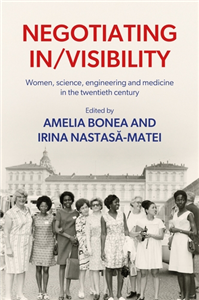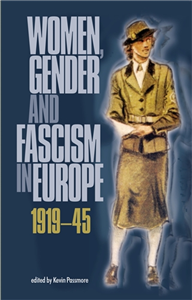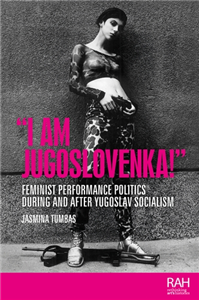Romania and the European Union
How the weak vanquished the strong
by Tom Gallagher
According to Tom Gallagher, Romania's predatory rulers, the heirs of the sinister communist dictator Ceausescu, have inflicted a humiliating defeat on the European Union. He argues convincingly that Brussels was tricked into offering full membership to this Balkan country in return for substantial reforms which its rulers now refuse to carry out. This book unmasks the failure of the EU to match its visionary promises of transforming Romania with the shabby reality. Benefiting from access to internal reports and leading figures involved in a decade of negotiations, it shows how Eurocrats were outwitted by unscrupulous local politicians who turned the EU's multi-level decision-making processes into a laughing-stock. The EU's famous 'soft power' turned out to be a mirage, as it was unable to summon up the willpower to insist that this key Balkan state embraced its standards of behaviour in the political and economic realms. The book unravels policy failures in the areas of justice, administrative and agricultural reform and shows how Romania moved backwards politically during the years of negotiations. ;

















